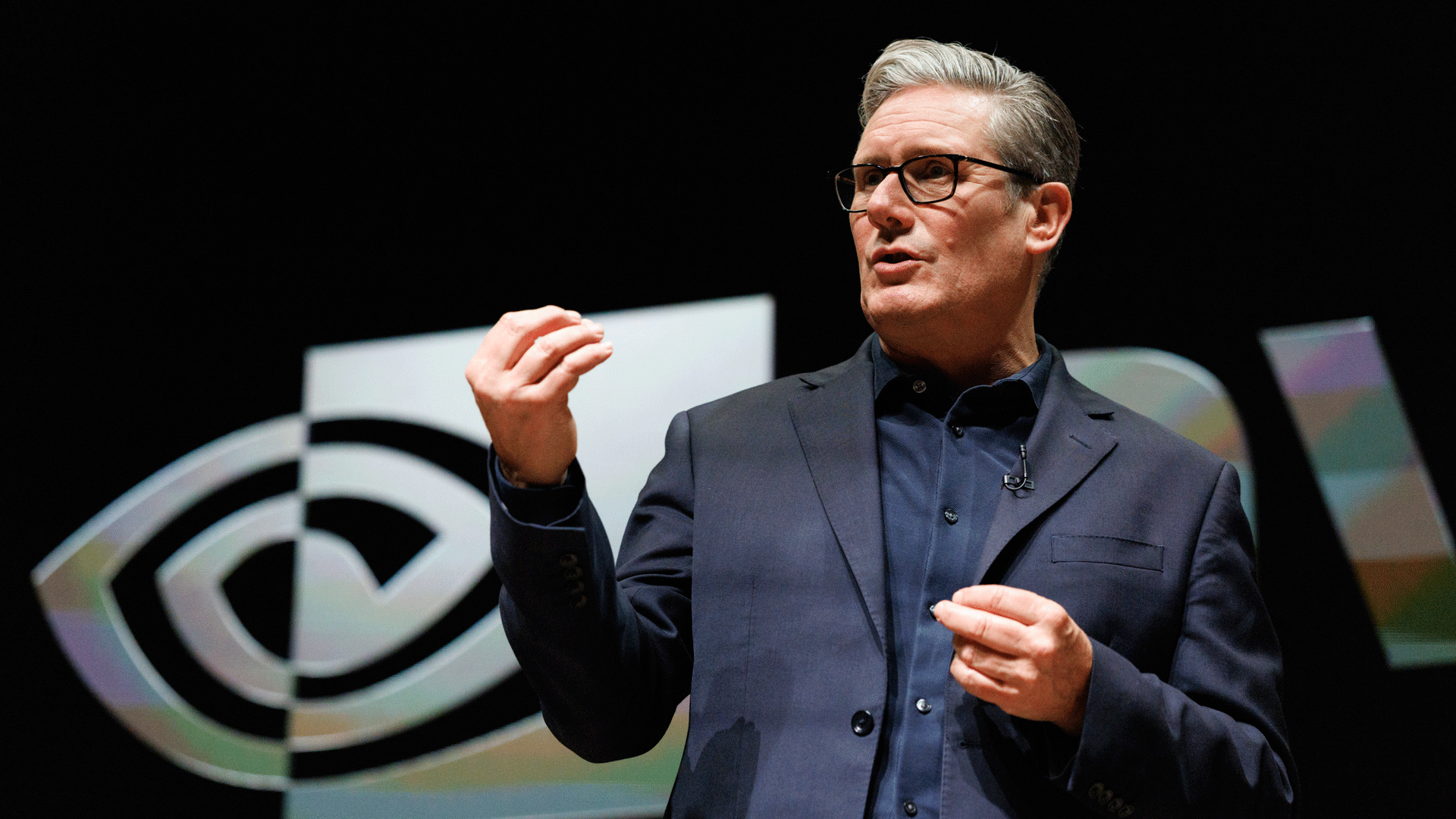Get the latest news and insight into how the Big Issue magazine is made by signing up for the Inside Big Issue newsletter
The status quo in a red tie – it’s coming for you
Starmer insists he is rejecting the “status quo”. But which one? The status quo where rents are unaffordable, work increasingly insecure, public services gutted, and billionaires and corporations protected while those in and out of paid work pay the price? Or the one where migrants are scapegoated, rights stripped away, and communities surveilled?
Digital IDs don’t break that status quo – they reinforce it. They codify exclusion, expand state control, and punish those without the right paperwork.
Starmer dresses this up as “patriotic renewal”. In truth, it is the hostile environment expanded to everyone – as so often happens, first tested on marginalised communities. So you thought you were safe? That’s how authoritarianism spreads.
Read more:
Digital IDs won’t stop people coming to the UK
Starmer’s speech was full of soundbites – like “You will not be able to work in the UK if you do not have a digital ID” – crafted for social media clips. But Britain already enforces right-to-work checks.
Advertising helps fund Big Issue’s mission to end poverty
Digital IDs won’t stop irregularised migration. They won’t stop people finding ways to survive. People have always moved – for safety, for work, for family, for new experiences. What these IDs will do is push people further underground, making them more vulnerable to exploitation and abuse.
And history shows where exclusionary ID systems lead: in apartheid-era South Africa, it controlled Black South Africans’ movement and legitimised violence against them; in France, ID checks have been shown to enable institutional and structural racism through racial profiling. Starmer’s plan threatens to supercharge the injustices already present in the UK’s hostile environment.
Regularisation is the real solution
If the government truly wants to “know who is in this country”, the answer is simple: regularisation.
Undocumented people need the chance to come out of the shadows – to work, to rent, to live openly. Many have already been here for 10 or 15 years, part of our daily lives as neighbours, colleagues and friends. Denying status doesn’t protect Britain. It fractures it.
The UN and international human rights groups have repeatedly called for regularisation programmes that ensure undocumented people can exercise the same rights as everyone else. The UK does have limited schemes, but they are deliberately inaccessible, trapping people in undocumented status for years. Starmer, a former human rights lawyer, knows this.
Undocumented communities already call the UK home and contribute to society. If renewal is to be genuine, it must involve the UK’s undocumented population.
Advertising helps fund Big Issue’s mission to end poverty
A politics of division cannot build unity
More than two million people have already signed a petition against digital IDs. The public sees it clearly: this is about control and coercion.
Starmer talks of belonging, unity and patriotism. He spoke of “renewal rooted in communities, building a better country brick by brick from the bottom up, including everyone in the national story”. Pluralism like that does build strong societies. But his policies do the opposite: they enforce exclusion and division.
Starmer has rightly called Reform’s plan to abolish indefinite leave to remain racist. But the hostile environment he upholds is racist too. If renewal is to mean anything, it must begin with ending that system and creating easier routes to settlement and citizenship for all who live here. That is what inclusion looks like.
So to everyone out there: say no to digital IDs. Say yes to regularisation. Resist the lies, reject the scapegoating, demand justice for all.
Because when you deny people dignity, opportunity, the means to survive, their basic needs and a path to belonging, you don’t strengthen society – you weaken it. Patriotism, trust and unity grow from radical inclusion, not exclusion.
Munya Radzi is the founder of Regularise, a leading grassroots campaign group for undocumented migrants in the UK, fighting for basic rights and a safer path to settlement and citizenship.
Advertising helps fund Big Issue’s mission to end poverty
Do you have a story to tell or opinions to share about this? Get in touch and tell us more.
Reader-funded since 1991 – Big Issue brings you trustworthy journalism that drives real change.
Every day, our journalists dig deeper, speaking up for those society overlooks.
Could you help us keep doing this vital work? Support our journalism from £5 a month.





